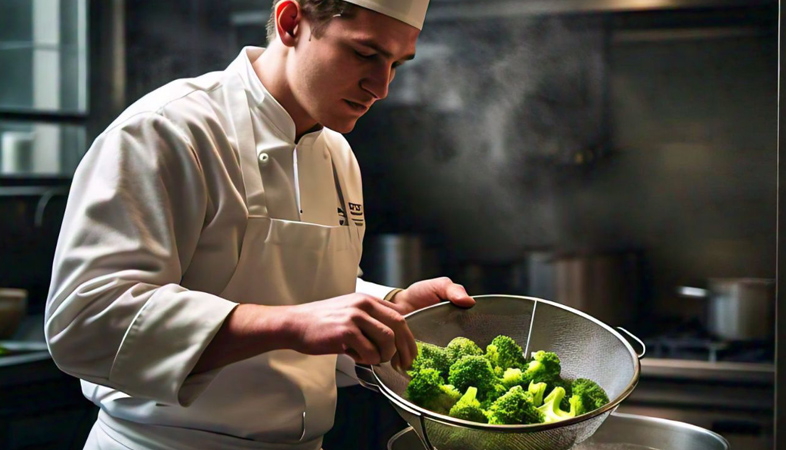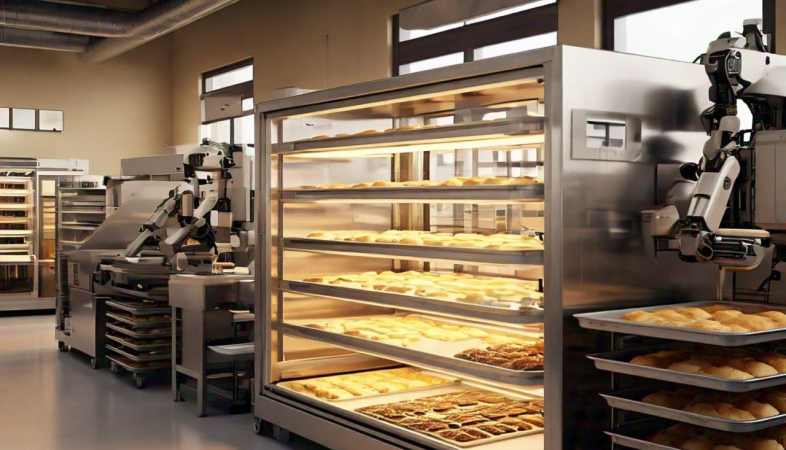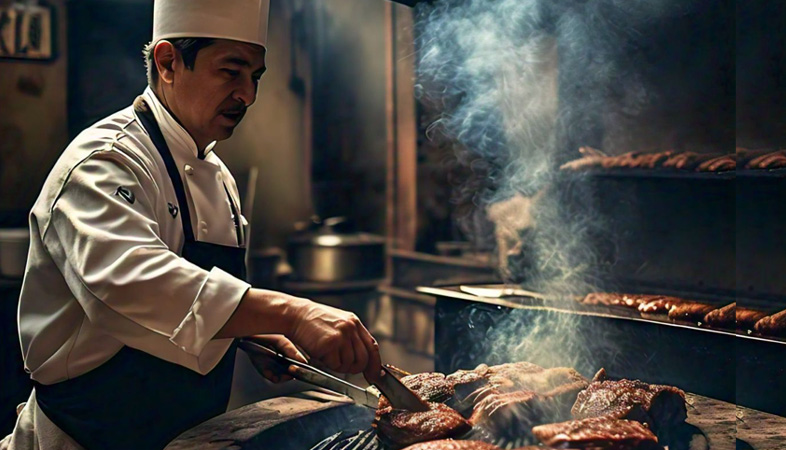SHARE
Commercials
More Posts
Dec 22, 2024
Sourdough Pizza - By Chef Akshay Kolhe
May 05, 2025
Customized Cupcakes: A New Avenue for Bakers
Jan 30, 2025
Vegan Ravioli - By Chef Manoj Rathore
Feb 21, 2025
Grilled Lamb Chops - By Chef Manoj Rathore
Dec 22, 2024
Sourdough Pizza - By Chef Akshay Kolhe
May 05, 2025
Customized Cupcakes: A New Avenue for Bakers
Jan 30, 2025
Vegan Ravioli - By Chef Manoj Rathore
Feb 21, 2025
.png)




























